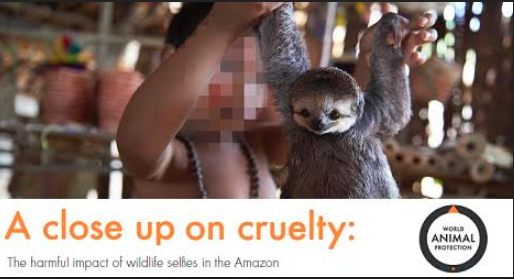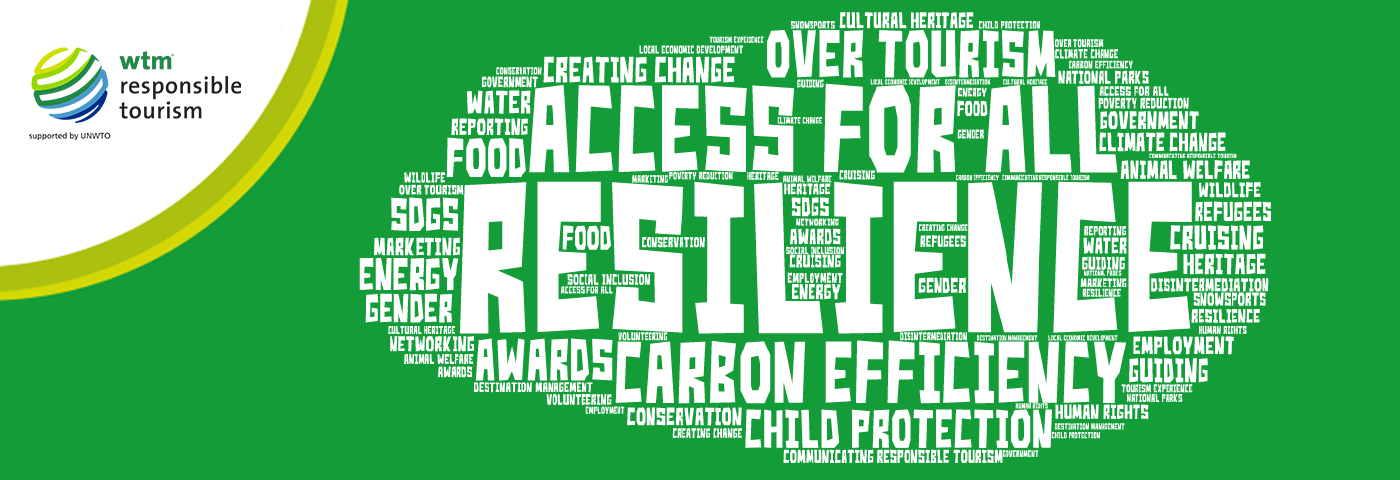World Responsible Tourism Day is on Wednesday this year and our main focus is on the UN’s Sustainable Development Goals. Tanya Beckett will be interviewing tourism leaders from UNWTO, TUI and from Africa and Asia about what the sector contributes to the SDGs and this is followed as usual by the Responsible Tourism Awards. In the afternoon, there are two panel sessions in the South Gallery where some of the leaders in transparent reporting will be sharing how they do it. It is time for tourism businesses to be more explicit about what they achieve in rescuing carbon emissions and water consumption; about their employment practices and their contribution to the local economy. Is it time for certification plus?
The Responsible Tourism agenda has always been broader than most people’s understanding of the sustainability agenda. The focus is on identifying the issues that matter locally and taking responsibility for those issues where tourism can make a difference. We have a session addressing carbon and water as these are major global challenges, but the sector is not doing enough. For the first time at WTM we are addressing plastic pollution, it is a major global issue with gyres of plastic in our oceans, damaging sea life and increasingly entering the human food chain. Incredible Oceans has an installation at WTM this year drawing attention to the problems of plastics in the oceans, don’t miss it, you’ll find it adjacent to the Responsible Tourism Theatre in the Africa Section at S2.

T
There is increasing controversy about the interactions which take place in tourism between humans and wild animals – in zoos, sanctuaries and in the wild. There has been plenty of heat we want to shed some light on the issues at WTM London and at WTM Africa. With panellists from South Africa, outbound tour operators, World Animal Protection and the Department of Zoology at Oxford University we hope to move the debate on. In a session, we address the question: Can wild animal interactions ever be responsible? Since 2014 there has been a three-fold increase in the number of wildlife selfies posted on Instagram. World Animal Protection has just launched a new report, ‘A Close up on Cruelty: the harmful impact of wildlife selfies in the Amazon’ and a Wildlife Selfie Code.
The rights agenda is important in Responsible Tourism and this year there are panels on three Human Rights issues. On Tuesday, there are panels on Trafficking and Modern Slavery, a bigger problem in the tourism sector than you probably realise. The same day we will also review ‘The Problem of Orphanages’ and the tourism surrounding them. Many orphans have been effectively trafficked; separated from their family and institutionalised. We ask: Should tour operators organise visits to orphanages? Is there any excuse for volunteering in an orphanage?
On Wednesday, we have a large panel answering ‘Can tourism be made accessible for all?’ The panel includes Paralympian and TV presenter Ade Adepitan, Magnus Berglund of Scandic and Carlos Vogeler of UNWTO. We plan to address the elephant in the room, that many disabled people are excluded by their relative poverty. What about access for them?

